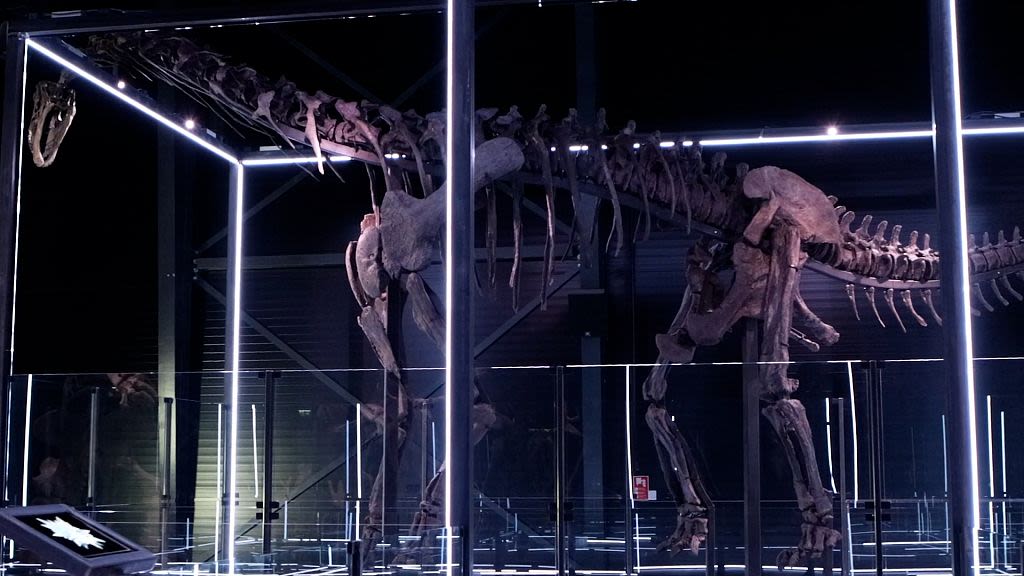Search results
- DictionaryEv·o·lu·tion/ˌevəˈlo͞oSH(ə)n/
noun
- 1. the process by which different kinds of living organisms are thought to have developed and diversified from earlier forms during the history of the earth.
- 2. the gradual development of something, especially from a simple to a more complex form: "the forms of written languages undergo constant evolution"
: descent with modification from preexisting species : cumulative inherited change in a population of organisms through time leading to the appearance of new forms : the process by which new species or populations of living things develop from preexisting forms through successive generations.
Evolution is the change in the heritable characteristics of biological populations over successive generations. It occurs when evolutionary processes such as natural selection and genetic drift act on genetic variation, resulting in certain characteristics becoming more or less common within a population over successive generations.
any process of formation or growth; development: the evolution of a language; the evolution of the airplane. Synonyms: metamorphosis, progression, change. Antonyms: changelessness, inactivity, stasis. a product of such development; something evolved: The exploration of space is the evolution of decades of research.
Evolution 101. An introduction to evolution: what is evolution and how does it work? The history of life: looking at the patterns – Change over time and shared ancestors; Mechanisms: the processes of evolution – Selection, mutation, migration, and more; Microevolution – Evolution within a population; Speciation – How new species arise
News about Criminal Minds: Evolution, Felicity Huffman, Joe Mantegna
News about dad bod, Museum of Evolution, Wimbledon
Also in the news
Jun 3, 2024 · Evolution, theory in biology postulating that the various types of living things on Earth have their origin in other preexisting types and that the distinguishable differences are due to modifications in successive generations.
EVOLUTION definition: 1. the way in which living things change and develop over millions of years: 2. a gradual process…. Learn more.
EVOLUTION meaning: 1. the way in which living things change and develop over millions of years: 2. a gradual process…. Learn more.
Jun 3, 2024 · Biological evolution is the process of change and diversification of living things over time, and it affects all aspects of their lives—morphology (form and structure), physiology, behaviour, and ecology. Underlying these changes are changes in the hereditary materials.
In biology, evolution is the process of change in all forms of life over generations, and evolutionary biology is the study of how evolution occurs. Biological populations evolve through genetic changes that correspond to changes in the organisms ' observable traits.
Evolution is the change in inherited traits that occurs in a group of organisms over multiple generations. Inherited traits are those that are passed from parents to offspring via genes. Evolution is made possible by genetic variation, or gene differences, in a population.




